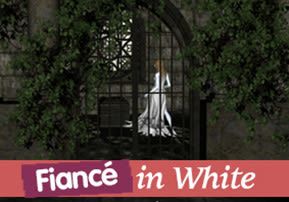
Fiancé in White
Jeff Osias, the award-winning editor of NBC's "Saturday Night Live", had virtually everything. But, more than his wife, children, money and career, he loved his "fiancé in white"…

Illicit drugs in America are now more affordable, more accessible and they’re everywhere. They’re in upscale suburbs, on Emmy-award winning TV shows and even in Orthodox communities and institutions usually considered a haven from society’s darker side.
This can hardly seem surprising when the American Torah world today is surrounded by a host culture rife with substance abuse. In the last 30 days alone, 20 million Americans ages 12 and up smoked marijuana, snorted cocaine (or smoked crack), injected heroin, used inhalants, dropped acid and abused ecstasy, meth, molly, PCP, steroids, Vicodin, Oxycontin and other prescription drugs without a prescription. And this doesn’t include the 17.6 million Americans who abuse alcohol or are addicted to it. Or the several million more who binge drink.
Among these drug and alcohol abusers are young Jews from Orthodox homes whose lives spiral out of control, cause them to drop out of yeshiva, and, in too many cases, die of an overdose.
Distraught over these overdoses, one man, Jeff Osias, started a personal crusade to help save young Jewish drug users and help dispel the misconception that the Jewish world is immune to addiction. And one of the ways he did this was by sharing his own story of addiction, recovery and redemption. He wanted to use his life story as a warning to others, showing how a nice Jewish boy from a nice Jewish 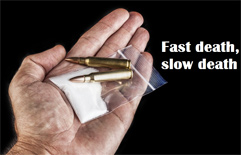 family with a nice career in network radio and television can end up an alcoholic and a drug addict.
family with a nice career in network radio and television can end up an alcoholic and a drug addict.
Jeff’s addiction to drugs began at an unusually young age in the early 1950s.
“When I was a kid in grammar school,” Jeff remembered, “the teacher told my mother ‘he’s a good kid but never sits still in class.’ My mother took me to my doctor, who prescribed me a pill called Miltown, which is a tranquilizer. Then I started falling asleep in my chair. So then he prescribed Dexedrine, which was my first taste of speed. But he never canceled the tranquilizer, and both were open-ended prescriptions that didn’t need to be renewed, so he had me taking both uppers and downers. Before I knew it, I was addicted when I was only ten years old.”
Jeff’s first drink of alcohol came three years later at his own bar mitzvah. “I loved the taste of it right from the start,” Jeff said. “I was always searching for that drink from my bar mitzvah that tasted delicious and made me feel good and smelled good. No matter where I went I ordered a scotch and soda, but it never tasted the same. Then I realized that after three drinks it did.”
Growing up in Lyndhurst, New Jersey where his family were the only Jews, Jeff felt he didn’t fit in. “I wanted to belong, but being the only Jew, I was never invited to any parties. I had a total fear of being alone, and you have to fill it. The drugs and alcohol are just a symptom.”
In 1962, Jeff landed a job as an engineer for WNEW, a New York jazz radio station. He soon started editing WNEW’s Sunday News Close-Up documentary and mixed live shows, working with such legendary comedians as Henny Youngman, Myron Cohen, Don Rickles, Carl Reiner — as well as singers and musicians from Eddie Fisher to Jimi Hendrix. By 1969, Jeff had married, become a father and was working at NBC network radio as an engineer and editor. He was also still drinking and still dependent on Dexedrine and tranquilizers.
Jeff’s substance abuse hit a new level in the mid-1970s. Now a successful editor for NBC TV’s “Saturday Night Live,” Jeff had also become addicted to cocaine.
Referring to cocaine as a female, Jeff said, “She became my fiancé in white, and she had me by the nose. I would do anything she asked me to and would go anywhere she told me to. I found myself in a group of people and everyone was doing it and it was basically being supplied by management. I became a total coke head. I loved it. I literally fell in love with coke. I didn’t want to go out without it.
“Then someone introduced me to crystal meth, and I loved it better than cocaine because my awareness became better. The lights became greater and the sounds became crisper and I could memorize the whole script where the sound effects were without looking at the script. I really caught my fastball at that time; I had three or four shows going at the same time.
“I was editing “Saturday Night Live”, NBC Sports promos, “Late Night with Bob Costas” and a news show called “First Camera”. I was working almost 24 hours a day, from one show to the next. And then a funny thing happened on the way to my death. I lost my fastball overnight. I reached the point where the drugs weren’t doing anything. All of a sudden it becomes a slippery slide. You see it happening and feel it happening, but you don’t know what to do about it. It got to the point that in the morning, I would have a glass of vodka to calm me down enough to get to the bathroom where I would take a hit of speed and a hit of coke and get downstairs early enough so I can get to New York to an all-night bar so I could get a drink before I started working. And it all became about getting a drink and the next drug.
“I got sick and tired of being sick and tired. It felt like there weren’t enough drugs or alcohol in the world to get me high again and I still felt lousy. The good feelings were all gone. The good thinking was all gone. I couldn’t understand what people were saying to me. I couldn’t follow simple instructions from the producers. And my life became horrible. Even with a wife, two kids, the best schools and the best camps, a beautiful house, three cars — it meant nothing.”
One night following a late night finishing a late edit session, Jeff visited a friend and then finally came home. When he arrived, he found his driveway filled with cars and people sitting in his backyard. He yelled at his wife, “What are all these people doing here?” He was told it was his son’s high school graduation party. With drugs and alcohol now the main focus of his life, he had missed his son’s graduation.
For Jeff Osias, that was the beginning of the end.
It would take Jeff another decade to finally become sober. He decided to go through detox alone, a dangerous undertaking that helped cause his first heart attack. He also attended Alcoholics Anonymous (AA) meetings, especially embracing the first three of AA’s twelve steps: admitting we’re powerless over addiction, believing that a Power greater than us could restore us to sanity, and deciding to turn our will and lives to G-d’s care. It was his first introduction to the concept of emuna, a concept he would eventually internalize and live as a Torah-observant Jew. He remarried, raised a new (and larger) family of his own, and lived a life of strong emuna.
He used his emuna to help encourage Jews struggling with addiction, Jews in recovery and thousands more through his weekly radio show, “The New Jewish Wake-Up Call.” His message was direct and consistent: Get the help you need but always realize you’re not in control; only Hashem is.
Jeff Osias passed away from a fatal heart attack just two days after his 29th anniversary of sobriety and three days before Passover. May his memory be a blessing. And may his story and emuna continue to touch lives as it had during his lifetime.


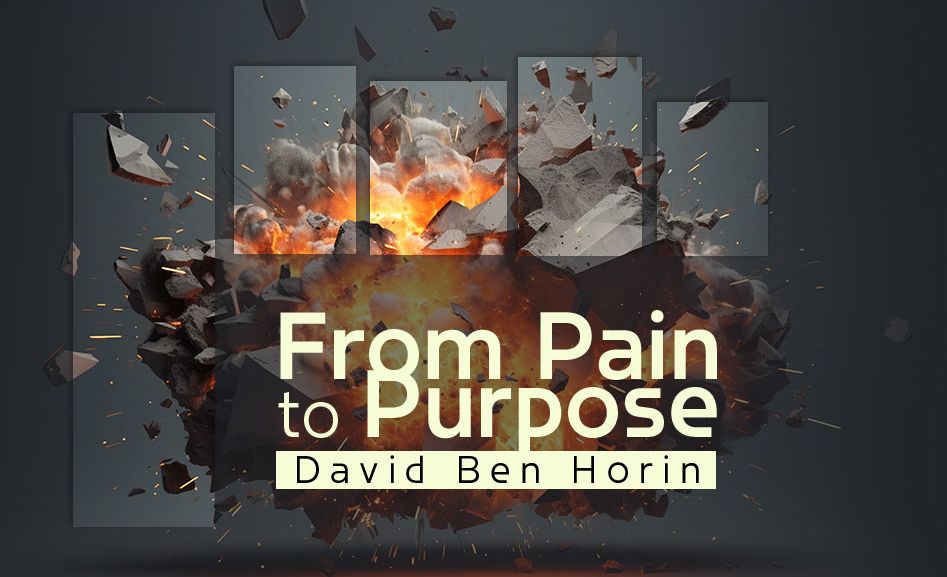

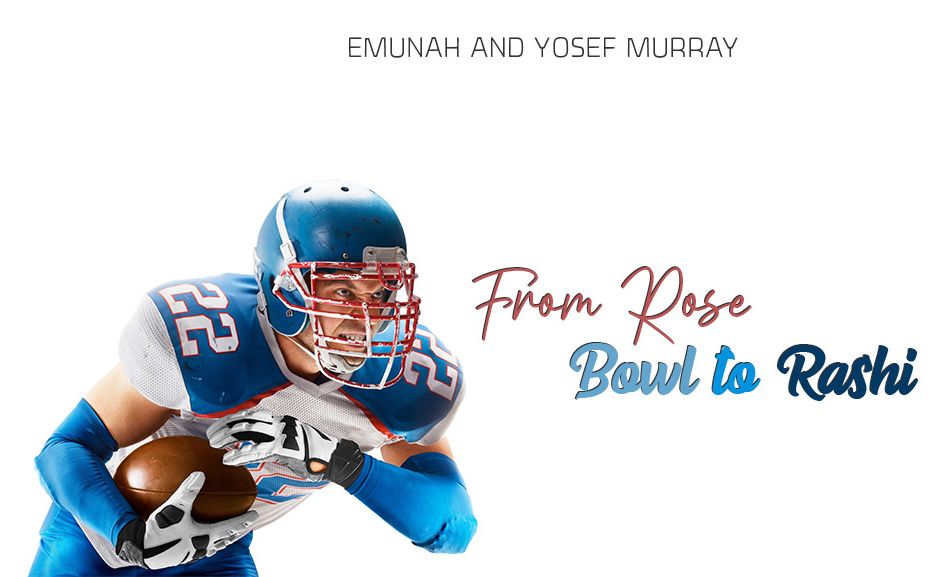
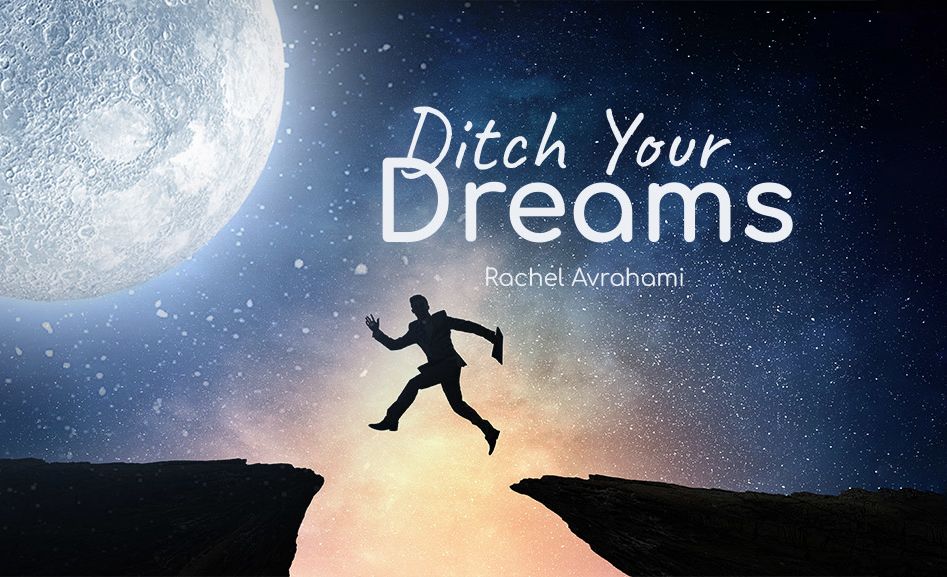

2/23/2024
I’m so sorry to read about the trials Jeff went through. Jeff lived across the street from me in Lyndhurst. Quite honestly, his family wasn’t the only Jewish family in Lyndhurst. We had a Synagogue at the bottom of our street. He must have felt very lonely, I never noticed. I was his friend and he was a great kid. There weren’t many Jewish people in Lyndhurst, but there were a few.